NCCCO NCCER and OECP
NCCCO, NCCER, or OECP
What’s the difference between the types of certifications offered by crane schools? I’m sure you’ve seen accredited agencies listed, specifically NCCCO, NCCER, and OECP. But how do they differ and which one do you want? We’re here to help you understand the key differences between each agency and furthermore, help you understand which option is the best choice for you.
Before we get into who they are and how they’re different, it’s important to note that there are several factors that must be taken into consideration when choosing which certifier is right for you.
Questions you should ask yourself are:
- What crane certification types do they offer? (EX: lattice, swing, fixed, etc.)
- How long is the certification valid?
- What is the average cost?
- How long will it take to get certified?
- Where is the certification recognized?
- Does it satisfy the City / State requirements in my region?
- What % of the industry uses it?
Out of the three major certifiers in the United States (NCCER, OECP, and NCCCO) each of them have gone through their own rigorous process of gaining accreditation and proving that they are reliable in OSHA’s view.
National Commission for the Certification of Crane Operators (NCCCO) offers classes across the nation for just about every crane type. This includes telescopic, lattice, tower, articulating, digger derrick, gantry, service trucks and more. These certifications are not only recognized in the U.S. but globally. NCCCO certifications are valid for five (5) years. During your last year of certification, you will want to take your recertification exams to eliminate having to certify all over again. The good news is, recert candidates that can attest to having 1000+ hours of crane-related experience during those 5 years, can skip their practical exams. This means, you only have to take your written exams to recertify for another five (5) years. NCCCO classes range anywhere from 3 days to a month depending on which crane school you attend.
National Center for Construction Education & Research (NCCER) offers preparatory classes for both mobile and tower cranes. NCCER services are limited compared to that of their certifying certifiers because they are a training provider that covers a wide range of heavy equipment used in the construction industry. Similar to NCCCO, their certification is good for five (5) years and delivered across a 3-tiered program. The tier has three levels, broke down below:
- level 1 (167.5 hrs)
- level 2 (145 hrs)
- level 3 (145 hrs).
As a result their training, and certification, takes longer to complete. NCCER certifications are recognized across the country with the exception of West Virginia where an NCCCO certification is considered mandatory.
Operating Engineers Certification Program (OECP) has a crane class that they offer to the International Union of Operating Engineers (IUOE). Essentially, this program is only offered to union engineering apprentices and journeymen and is a requirement for the OECP Examination. Although their certifications are also good for five (5) years like NCCCO and NCCER, it is a somewhat restrictive path to take toward getting certified, as you must be a union worker to participate. Their apprenticeships can take anywhere from 2 to 5 years, and operators are required to put in at least 2000 hours annually during that time.
At California Crane School we choose NCCCO. This is due to many factors, the most important of which being that NCCCO has certified the vast majority of mobile crane operators in this country. They are the most recognized certifier and we feel that having an NCCCO card in your pocket gives you the best opportunities when entering the workforce.
READ MORE ANSWERS

OSHA Signal Person Fact Sheet
READ ANSWER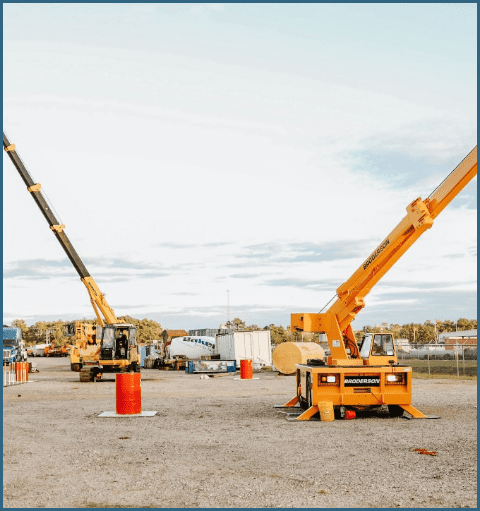
OSHA
READ ANSWER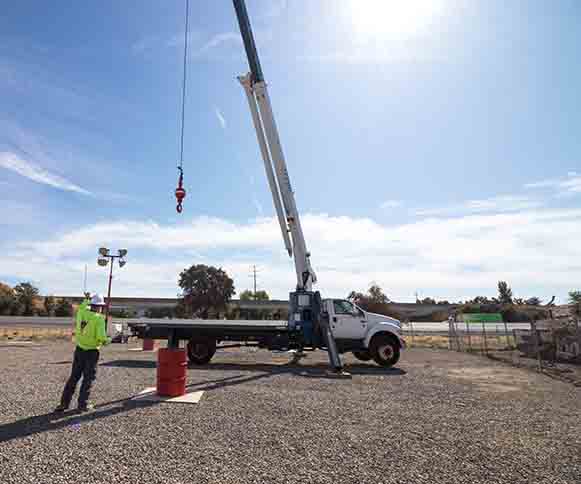
Rigger
READ ANSWER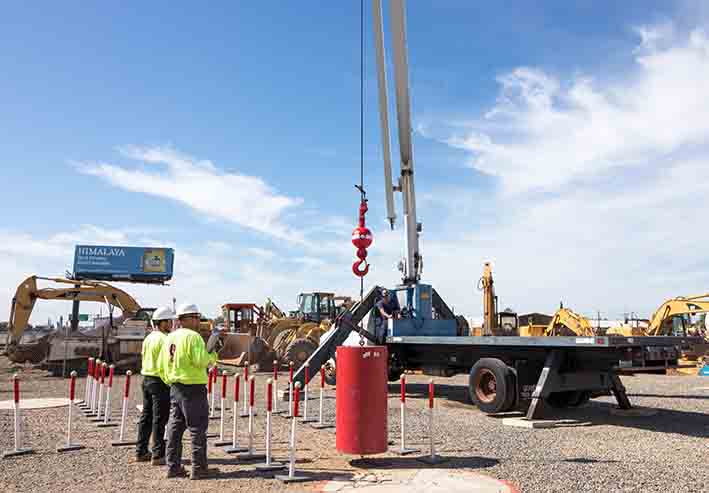
Signal Person
READ ANSWER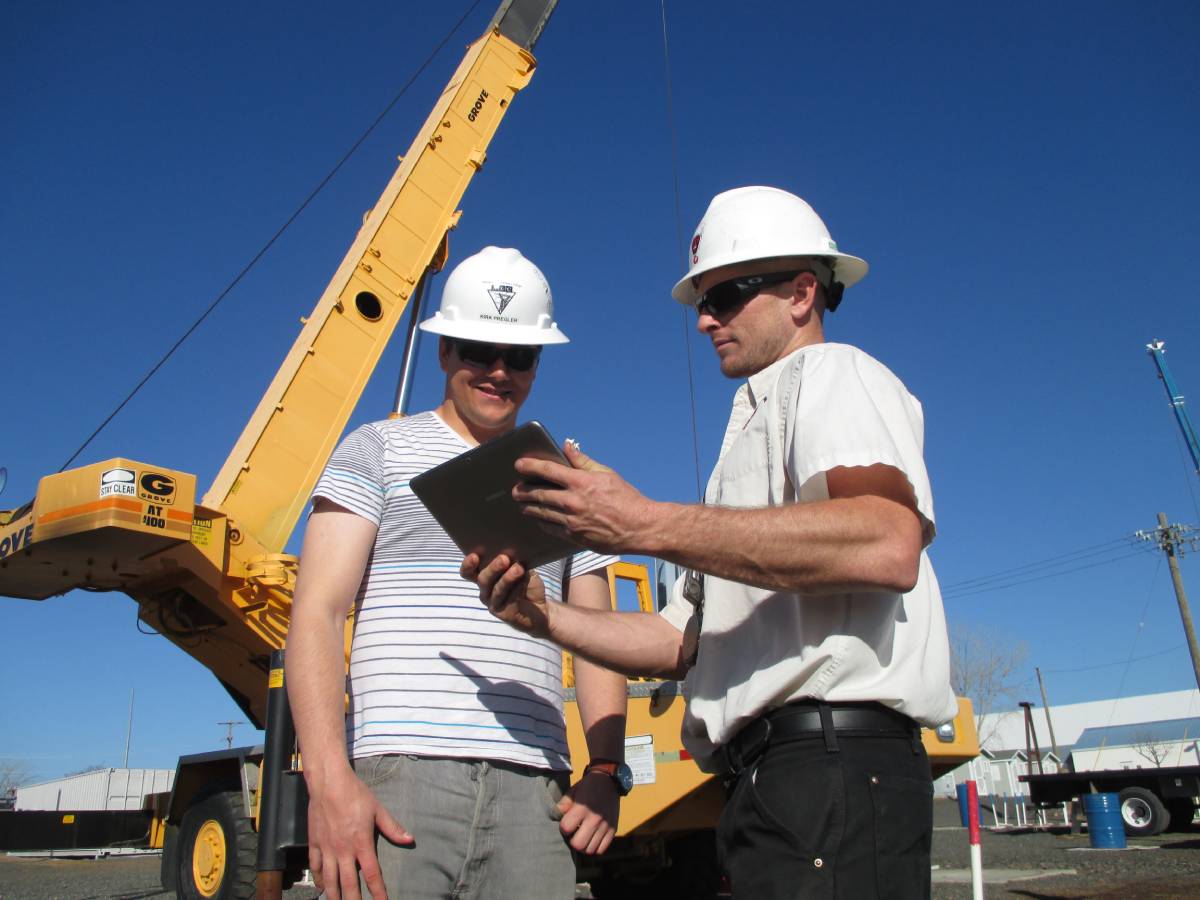
HOW TO CHOOSE A CRANE SCHOOL
READ ANSWER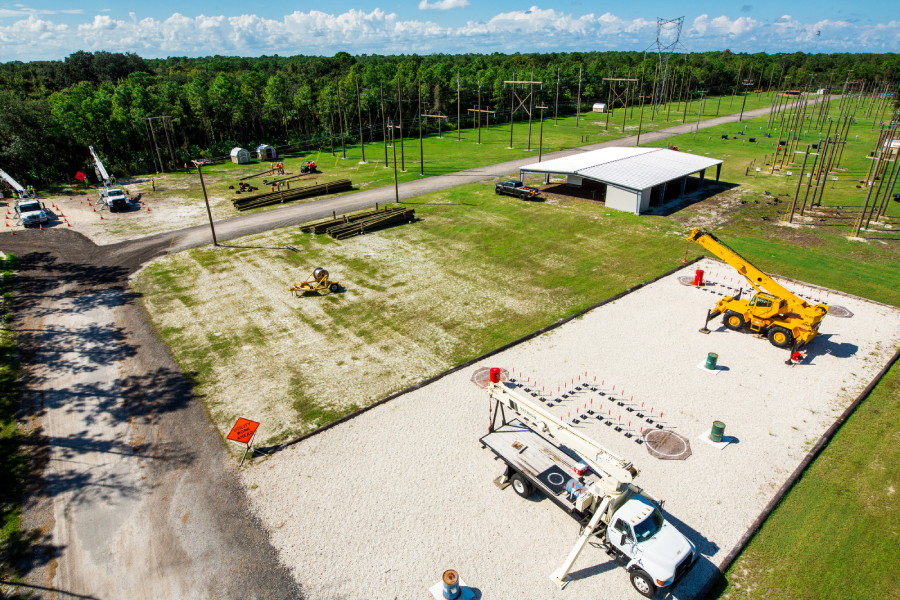
CRANE OPERATOR QUALIFICATIONS
READ ANSWER
